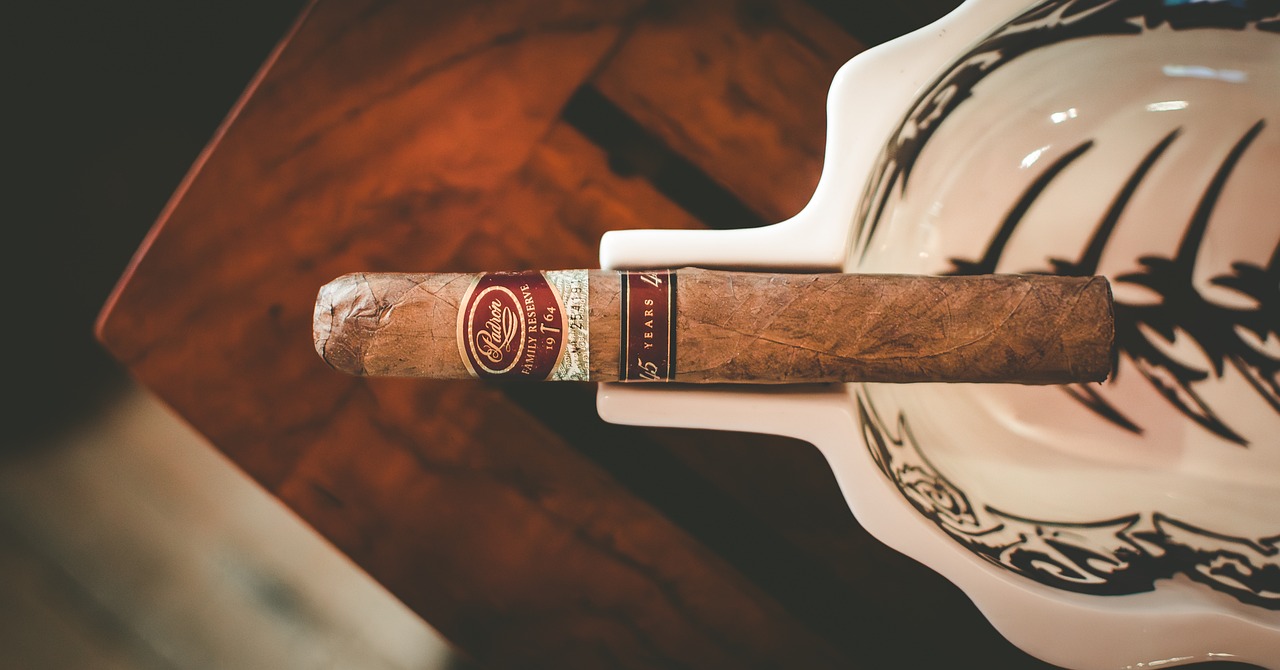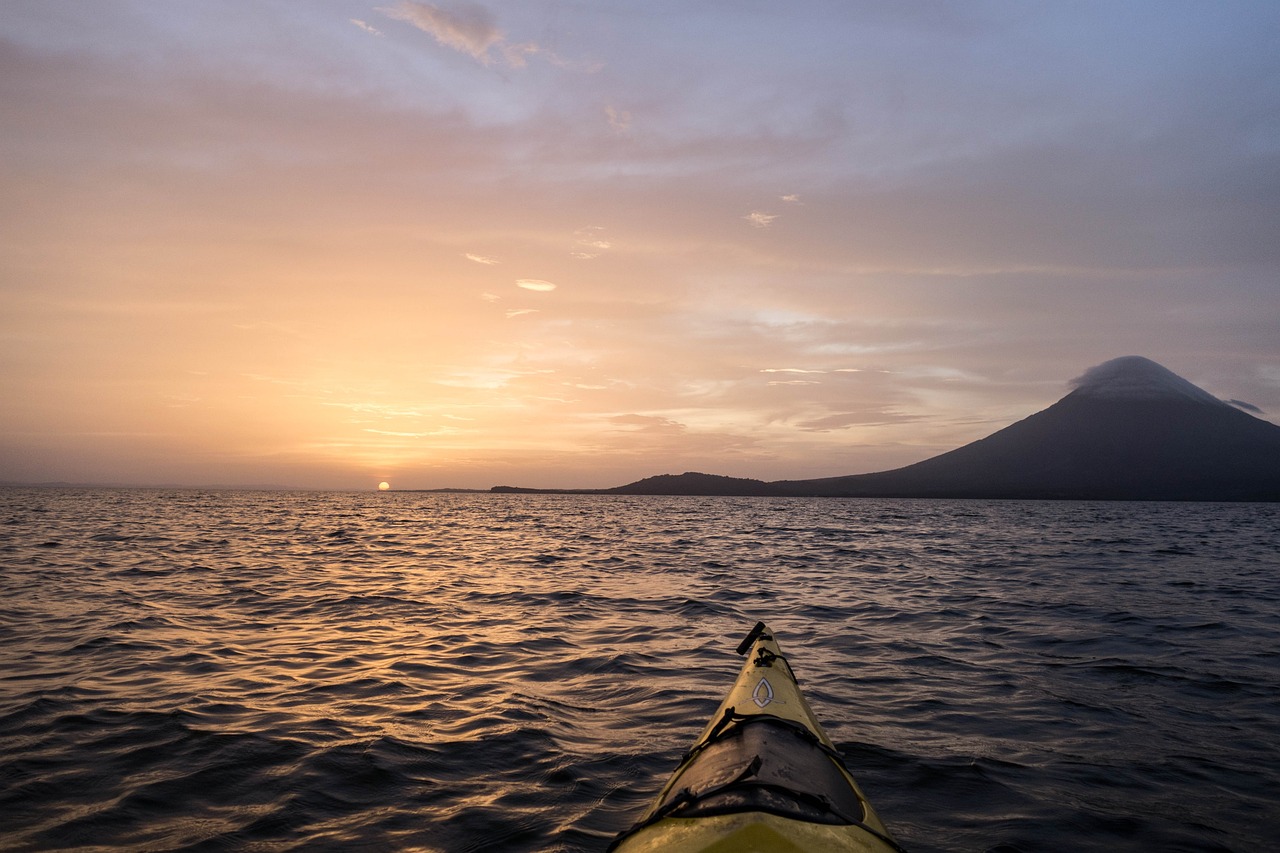Nicaragua Video
Cultural Sensitivities: Understanding Local Norms in Nicaragua
Nicaragua, located in Central America, is a country rich in history, culture, and natural beauty. To fully appreciate and respect the local customs and traditions, it is important for visitors to understand and adhere to the cultural sensitivities prevalent in Nicaragua. By familiarizing yourself with the local norms, you can have a more immersive and respectful experience during your time in this captivating country.
Language and Communication
- Spanish: The official language of Nicaragua is Spanish. While some locals may understand and speak English, particularly in tourist areas, it is advisable to learn a few basic Spanish phrases to communicate effectively.
- Greetings: Nicaraguans value polite greetings. When meeting someone for the first time, it is customary to shake hands and maintain eye contact.
- Personal Space: Nicaraguans tend to stand closer to each other during conversations compared to some other cultures. Respect personal space boundaries and adjust your proximity accordingly.
- Eye Contact: Maintaining eye contact during conversations is considered a sign of respect and attentiveness in Nicaraguan culture.
- Non-Verbal Communication: Non-verbal cues such as hand gestures and facial expressions play a significant role in Nicaraguan communication. Pay attention to these cues to better understand the context of conversations.
Religion and Spirituality
- Catholicism: The majority of Nicaraguans identify as Roman Catholic, and religion holds significant importance in their daily lives. Respect religious sites, practices, and traditions, even if you do not share the same beliefs.
- Religious Festivals: Nicaragua celebrates numerous religious festivals throughout the year. These events often involve processions, music, and vibrant displays of faith. It is appropriate to observe and appreciate these festivities, but remember to be respectful and not disrupt the proceedings.
- Superstitions: Nicaraguan culture is steeped in superstitions. Avoid discussing topics such as death, illness, or bad luck, as they may be considered taboo or bring negative energy.
Etiquette and Social Customs
- Punctuality: Nicaraguans have a more relaxed approach to time. While it is important to be respectful and arrive on time for business meetings or formal events, social gatherings may have a more flexible schedule.
- Respecting Elders: Nicaraguan culture places a strong emphasis on respecting and honoring elders. Use formal titles and show deference when addressing older individuals.
- Gift-Giving: If invited to someone’s home, it is customary to bring a small gift, such as flowers or chocolates. Avoid giving sharp objects or anything associated with negative symbolism.
- Table Manners: When dining with Nicaraguans, it is polite to wait for the host to begin eating before you start. Keep your hands visible on the table and avoid resting your elbows on it.
- Personal Belongings: Nicaraguans value personal space and privacy. Always ask for permission before touching or borrowing someone’s belongings.
Dress Code
- Conservative Attire: Nicaragua is a predominantly conservative country, and it is advisable to dress modestly, especially when visiting religious sites or rural areas. Avoid wearing revealing or provocative clothing.
- Beachwear: While beachwear is acceptable at coastal resorts and beaches, cover up when leaving these areas to show respect for the local customs.
- Business Attire: In urban areas and formal business settings, professional attire is expected. Men should wear suits or dress pants with a collared shirt, while women should opt for conservative dresses or pantsuits.
Gender Roles
- Machismo: Nicaragua has traditional gender roles, with men often taking on more dominant roles in society. While progress has been made towards gender equality, it is important to be aware of these cultural dynamics.
- Respectful Interactions: When interacting with Nicaraguan locals, be mindful of cultural norms regarding gender. Avoid making assumptions or engaging in behavior that may be perceived as disrespectful or offensive.
Food and Dining
- Food Etiquette: Nicaraguan cuisine is diverse and flavorful. When dining with locals, it is customary to wait for the host to start eating before you begin. Do not leave food on your plate as it may be seen as wasteful.
- Sharing Food: Nicaraguans often share dishes family-style. Take small portions initially to ensure everyone has an opportunity to enjoy the meal.
- Complimenting the Chef: If you are invited to someone’s home for a meal, it is polite to compliment the chef and express your appreciation for the food.
Environmental Awareness
- Sustainable Practices: Nicaragua is known for its natural beauty and ecological diversity. Show respect for the environment by practicing responsible tourism, such as minimizing waste, conserving water, and supporting local eco-friendly initiatives.
- Protected Areas: Nicaragua has several national parks and protected areas. Follow the rules and regulations when visiting these sites to preserve the delicate ecosystems.
Social Issues
- Poverty: Nicaragua is one of the poorest countries in Central America. Be sensitive to the socio-economic disparities and avoid flaunting wealth or engaging in behavior that may be perceived as insensitive.
- Political Discussions: Nicaragua has a complex political history. Avoid engaging in sensitive political discussions unless you have a deep understanding of the context and are speaking with trusted individuals.
Nicaragua Image 1:

Art and Culture
- Folklore and Traditions: Nicaraguan culture is rich in folklore and traditional arts. Attend local performances, festivals, and art exhibitions to immerse yourself in the vibrant cultural heritage.
- Music and Dance: Music and dance play a significant role in Nicaraguan culture. From lively folk dances to the rhythmic beats of marimba, embrace the local music scene and participate in the celebrations.
- Handicrafts: Nicaragua is known for its beautiful handicrafts, including pottery, woodwork, and textiles. Support local artisans by purchasing authentic handmade souvenirs.
Health and Safety
- Health Precautions: Before traveling to Nicaragua, consult with a healthcare professional regarding recommended vaccinations and medications. Take necessary precautions to prevent mosquito-borne illnesses, such as dengue fever and Zika virus.
- Crime Awareness: While Nicaragua is generally considered safe for tourists, it is advisable to take common-sense precautions. Avoid displaying expensive belongings, stay vigilant in crowded areas, and be cautious of your surroundings.
- Emergency Services: Familiarize yourself with the local emergency contact numbers and the location of nearby medical facilities in case of any unforeseen circumstances.
Nicaragua Image 2:

Conclusion
By understanding and respecting the cultural sensitivities in Nicaragua, you can forge meaningful connections with the locals and have a more authentic travel experience. Embrace the rich traditions, immerse yourself in the vibrant arts and music scene, and explore the stunning natural landscapes this beautiful country has to offer. Remember to be mindful of local customs, maintain an open mind, and approach each interaction with respect and curiosity.
References
– Lonely Planet: www.lonelyplanet.com/nicaragua
– CIA World Factbook: www.cia.gov/library/publications/the-world-factbook/geos/nu.html
– World Travel Guide: www.worldtravelguide.net/guides/central-america/nicaragua/culture-language/
– U.S. Department of State: travel.state.gov/content/travel/en/international-travel/International-Travel-Country-Information-Pages/Nicaragua.html


